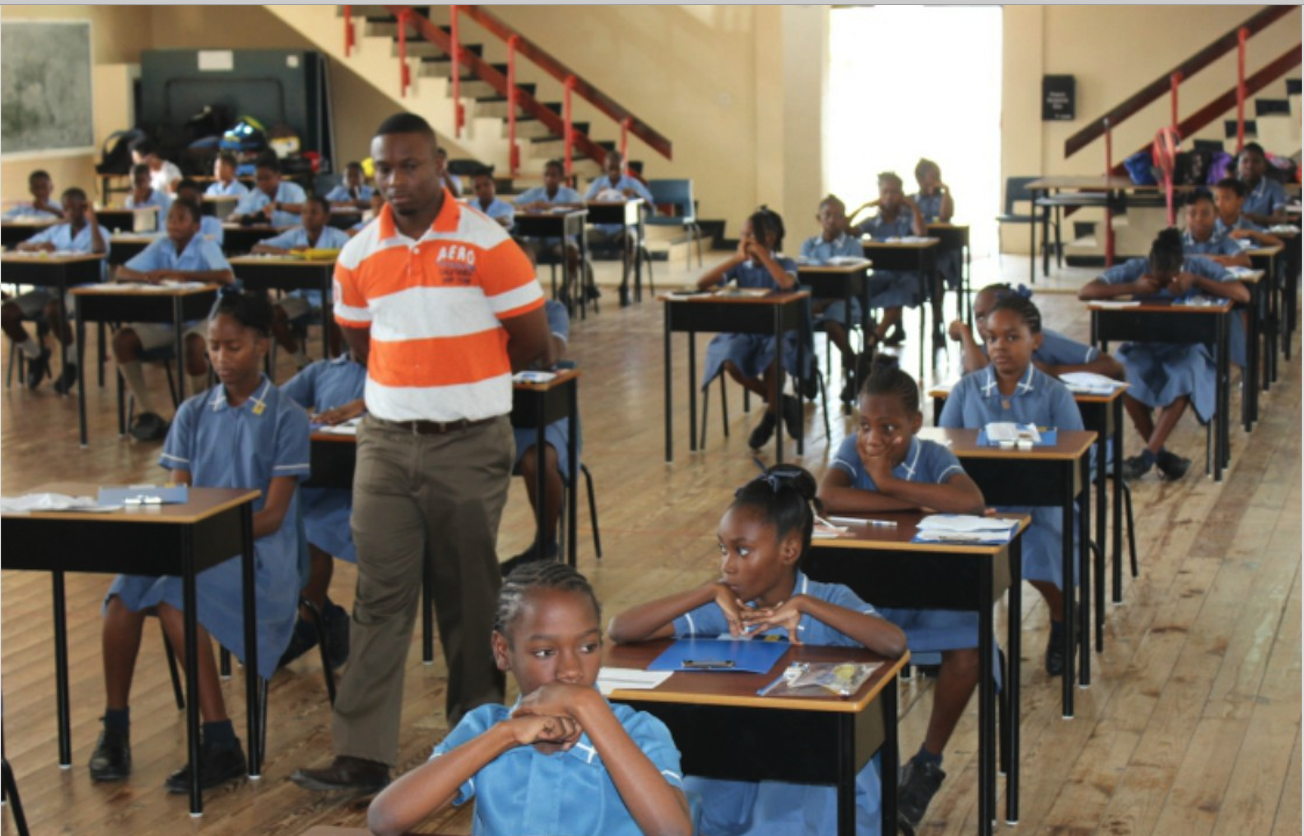Disclaimer: The views and opinions expressed by this author are their own and do not represent the official position of the Barbados TODAY Inc.
by Brandon Squires
For too long, the Barbados Secondary Schools Entrance Examination has been the low-hanging fruit, the fruit easy to pick. But one may wonder if those at the forefront of the call for abolition realise that the failings of our education system may go far past just the examination of students. The fact remains that, in life, there will be assessments, therefore, we must look at how we assess our children and how we prepare them for those examinations.
B.S.S.E.E.
For many years, the Common Entrance Exam has been used as the method of assessing and allocating primary students to secondary schools, based on their academic performance on, usually, the first Tuesday of May. While the purpose of the examination is reasonable justification for its continuation, one must understand that there may be a few flaws in its execution. Firstly, the academic capability and performance of a child may not be determined by his performance on one day.
Perhaps, an assessment can be conducted at the end of Michaelmas and Hilary terms in class 4, where the exams will be worth 25 per cent of the final grade each, and a final assessment in the Third term, which will be the equivalent
to 50 per cent of the final grade, thus, having continuous assessment. This will track the progress of students throughout the Class 4 year and give a more accurate indication of one’s academic performance.
School Allocation
Many have suggested that there be random allocation of students based on distance from their residence, with Prime Minister Mia Amor Mottley stating that every school be a School of Excellence.
Undoubtedly, every school must be a school of excellence, however, in order to achieve such, all educators at these institutions must be persons of excellence and the curriculum should cater to the general learning pace of the students. The current system allows for students to be allocated based on what they have completely understood and comprehended by time of the examination.
The random allocation of students, rather than cause a sudden improvement in students’ grades may cause significant disadvantages, as children may either be held back or not have enough time to completely “grasp” the topic that is being taught. It has also been stated that there will be the inclusion of middle schools. Will these schools prove to be beneficial? Will these new schools be with a need for more staff? Is there a disadvantage in separating juniors and seniors in schools? Will this limit school options at other levels?
Innovative Curriculum
The formative years of a child should be used to introduce basic life skills. In our primary schools, skills such as agriculture, entrepreneurship, sign language should be introduced into the curriculum. On CBC’s CC & Friends, sign language interpreter Bonnie Leonce, alluded to the fact that it is more likely that one will interact with a deaf person sooner than one will with a Spanish speaker.
Therefore, it may be beneficial to teach our children how to bridge the communication gap between a deaf person and oneself. This subject can be incorporated in the English program. Through agriculture, we can teach our children to be self-sustaining from an early age. We can also introduce them to the science behind agriculture and find more innovative, sustainable and creative ways to grow what we eat.
Stereotyping and Segregating
On March 3rd 2021, Sandra Field Kellman OBE, a veteran educator, told Barbados TODAY that the 11 plus exam doesn’t cater to “non academic” students. This implies that students who excel at Math and English are not exemplary in Vocational subjects and vice-versa.
However, this may be seen as typical stereotyping because it is possible that students can be outstanding in Core and Vocational subjects. For example, when a baker is running his business, he must have basic mathematical skills to understand his recipes.
Many of these vocational subjects still require academic aspects. Therefore, we can include them into our secondary school curriculum and at the tertiary level, students can further develop these skills.
With the establishment of the Education Reform Unit, the government has begun the process of acknowledging the need for change and doing something about the flaws in our system, however we must not neglect the basics which have benefited our nation’s children for so long.
We must also include the main stakeholders, our students, in the decision making process. As a country with very few natural resources, we depend on our education system to train and equip our people, our human resources.
This guest column was offered as a Letter to the Editor.




